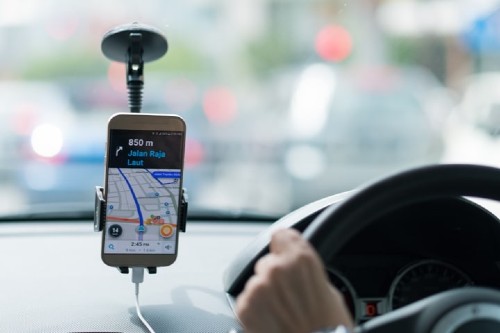
On March 11, 2020, COVID-19 was declared by the World Health Organization to be a global pandemic. Recent news related to the global COVID-19 health crisis has Uber facing a class-action lawsuit.
Uber is accused of wrongly classifying drivers as independent contractors, thereby skirting the obligation to pay for sick leave, creating a health threat not only to the drivers but to the general public.
The complaint, filed March 12, 2020, alleges that Uber wrongly classifies its drivers as independent contractors when they should be classified as employees under California law. The complaint stated that “faced with the choice of staying home without pay and risking losing their access to their livelihood, including housing, food, and other necessities of living, drivers across California will continue working and risk exposing hundreds of riders who enter their car on a weekly basis to this deadly disease.”
Since the filing, Uber has stated that drivers will be compensated for sick pay. However, certain conditions must be met. If any of their drivers can prove they have a COVID-19 diagnosis, were placed in quarantine or directed to self-isolate, or were removed from the Uber app by a public health organization, they will qualify for sick pay.
The recent passing of bill AB-5, a state law that redefined worker status, identifies most workers as employees. The class action asserts that Uber and other ride-sharing app companies like Lyft are unable to satisfy all the prongs of the A-B-C test, particularly the third prong—that drivers regularly engage in services that are of the same nature as the business.
As a result, attorneys for the drivers argue that California law identifies the drivers as employees and that they are therefore qualified for sick pay. A diagnosis of COVID-19 is not required to be eligible. Under state law, employees earn at least one hour of sick leave pay for every thirty hours worked. California does not require any paid sick leave for workers identified as independent contractors.
What Is a Class Action Lawsuit?
A plaintiff files a class-action lawsuit on behalf of a group or a large number of absent parties with the requirement that all parties share the same legal issues. There are four requirements to bring a class-action lawsuit:
- The class is large enough that joining and naming all the plaintiffs in the suit would be impracticable;
- The members of the class collectively share a common set of facts;
- The claims of the parties are the same as the class; and,
- The plaintiffs can adequately represent the interests of the entire class.
Uber is no stranger to class-action lawsuits. Prior to AB-5 passing in California, Uber settled a $20 million class-action lawsuit with California and Massachusetts drivers. Drivers argued they were employees of Uber.
A settlement provided the drivers with $20 million dollars; however, Uber refused to concede by identifying the drivers as employees. Uber also discussed plans to permit some drivers the opportunity to buy shares of Uber at its IPO.
It’s unknown how the class-action suit related to COVID-19 will play out as this unprecedented global pandemic continues to disrupt and threaten the health of the public at large.
Your Rights as a Rideshare Driver
If you are an Uber driver that needs sick leave, there are laws in place to protect you. If you suspect that your employee rights were violated, our California employment lawyers are here to help you.
Having represented employers for years, our attorneys can predict your employer’s legal strategies. With millions recovered for our clients, we stand ready to help you with your claim against Uber or another employer.
Contact us today to schedule a free consultation about your situation.
